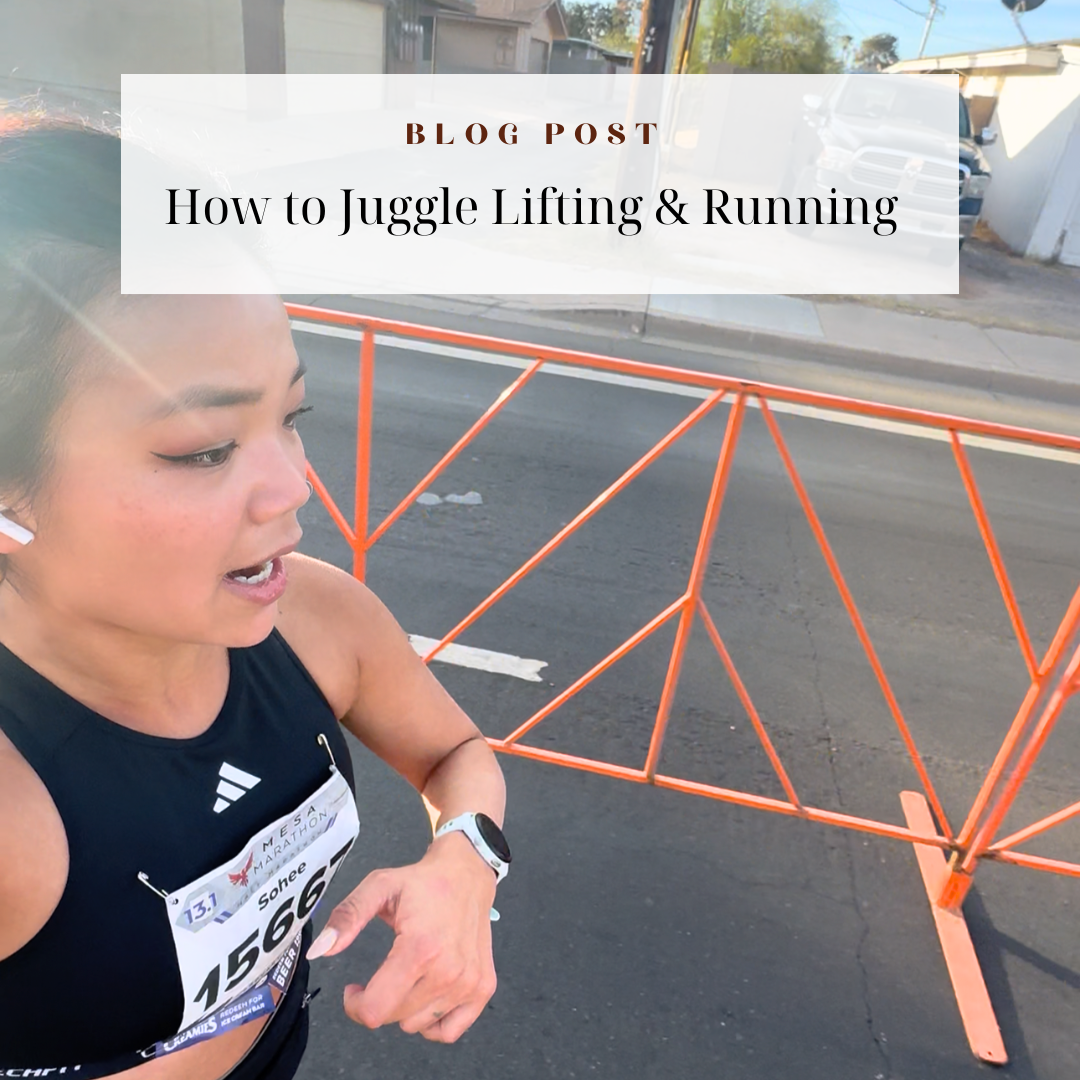Are Leaner People Happier?

There’s this circulating idea that being thin and lean brings happiness. With the recent explosion of social media over the past several years (Facebook, Instagram, and Snapchat to name a few platforms), men and women alike appear to compete in an ongoing competition of who can be the most shredded and pretend to live the most exciting lives.
We have supposed role models taking upwards of an hour to find the perfect lighting and just the right posing to capture the leanest, most flattering selfie of their half-naked selves, all in an effort to garner likes and admiration from onlookers. They call themselves #fitspiration, as though all we need is a dose of bare skin and tight muscles to motivate us to eat right in the kitchen and push it hard in the gym. Then we have individuals who are so desperate for attention (and perhaps ashamed of their current fluffier offseason physiques) that they continue to post pictures of themselves from back when they were far leaner under the guise that this is how they still look to this day.
All of these behaviors rest on the following premise: She is lean, therefore she is happy.

Of course, there are many of us who know this to be absurd. But it’s an ever-prevalent idea, and one that’s been instilled in many of us since before adolescence. If I could lost this extra body fat, I’ll finally be happy. This thought process can lead individuals to unhealthy body image, negative self-esteem, eating disorders.
(See related: Body Dysmorphia in the Fitness Industry)
On the one hand, we have individuals who claim that they developed a newfound sense of confidence after dropping dozens of pounds. Then you have others who tell stories of how they successfully became lean, didn’t like who they had become, and went back to intentionally putting some body fat back onto their frames.
Is there any truth to this sentiment, though? Are leaner people happier?
The seemingly obvious answer: no.
The actual answer: it’s complicated.
Let’s examine this from a scientific viewpoint.
The Research
First, a caveat. Pretty much of all of the studies I reviewed defined overweight and obese according to BMI. Understandably, we must note that with a resistance training population, BMI is not always the most accurate indicator of health status due to increased lean body mass affecting scale weight. Let’s keep this in mind as we forge ahead.
This much we know: Obesity increases risk of cardiovascular disease, coronary heart disease, cancer, and mortality (Penninx et al., 2001; Philipson, 2001; Peeters et al., 2003). From a physical health standpoint, then, there are inherent risks to carrying excessive levels of body fat.
Obesity has indeed been shown to be associated with depression at the cross-sectional level (De Wit et al., 2009). The drawback of this type of study, however, is that it explores information only at one point in time and does not establish a causal relationship between two variables. As well, we must not overlook the other socio-demographic variables linked to depression, including the status of one’s income, friendships, marriage, level of education, work, and housing (Van Praag and Ferrer-i-Carbonell, 2004; Oswald, 1997).
Interestingly, the status of being overweight in itself is not a cause of depression, and the burden of overweight (no pun intended) appears to be actually more physical, rather than emotional, in nature (Doll et al., 2000). It’s actually the dieting attempts, plus the negative health consequences of being overweight, that may contribute to depressive symptoms. (Ross, 1994)
As well, the more normal it is to be overweight within any given social group, the less it negatively affects personal happiness (Pinhey et al., 1997). (When we talk about social groups, we used to mean your friends that you would hang out with in person on a regular basis – but now, with the popularity of social media platforms, social circles now reach beyond the realms of who resides in your immediate physical vicinity. It’s now possible to be a part of a social circle with potentially millions of individuals around the world that you’ve never even met. The network of influence has become infinitely larger.)
Does this, then, make the inverse true – that lighter, leaner people are happier?
A 2006 review and meta-analysis on 700 native Dutch citizens found that BMI was weakly correlated with happiness, and that perceived health actually had a stronger effect on happiness (Cornelisse-Vermaat et al., 2006). And back in the ’70s, Campbell et al. (1976) postulated that individuals’ subjectively-defined, not objective, worlds shape their well-being. As well, the relationship between bodyweight and happiness may differ across cultures and social norms (Pinhey et al., 1997).
The Anecdotes
There’s no denying that losing body fat and improving physical health in general has improved the quality of life and well-being of many people. There’s a lot to be said about being able to walk up a flight of stairs without getting winded and fitting comfortable into an airplane seat without much fuss.
The trouble arises when an individual who is already in good physical condition and has body fat in a healthy range attempts to drop to contest-lean levels. For women, this typically means getting body fat down to 15% or lower, while for men, the number is 8% or below depending on the bodybuilding division.

A picture of me three days out from my national-level bikini show last fall.[/caption]
This is a selfie that I took back in October 2015 during a wardrobe change of a photoshoot. I was 5’2″ 105lbs in the leanest shape I’d ever been in.
Some of you might look at this photo and think, “Wow, you looked thin! Your life must have been great,” and perhaps the smile on my face may indicate that I was feeling on top of the world. But I was drained, tired, and cranky all the time, and normal everyday activities such as driving to the gym and going grocery shopping required extra effort. I spent a lot of my downtime lying on the couch with little left for light conversation. I was hungry around the clock and, as a friend candidly pointed out to me at the time, I wasn’t much fun to be around.
I was leaner, yes, but definitely not happier. While I’m only 4.5lbs heavier now, I’m consuming far more calories. I feel better, my energy levels are excellent, and I’d say that life is pretty freakin’ great.
My story is a dime a dozen. There are many, many men and women I know who can recount times in their lives when they attempted to lower their body fat levels and became more miserable in the process.

Here’s a picture of Jen Comas back in 2008 when she competed in a figure show and won first place in her class. She writes:
[Before I began contest prep], I was a pretty happy camper. I was always laughing (anybody that knows me can attest that I am a gigglebox) and bouncing off the walls.
Once I embarked on an 18 week show diet, that all changed. Granted, my body had never looked better and it got more ridiculous with every day that passed. People kept commenting on how amazing I looked, asking what I was doing to make such great progress, and could I help them do that, too?
But what they didn’t know was that I felt like total shit. Day in and day out, I was miserable. I was so tired that I could barely handle life. I was the grumpiest chick on the planet, and I still feel bad to this day for some of the people that had to endure my mood swings for those 4+ months.
Read more about her journey to extreme leanness in her post, Looking “Fit” Doesn’t Mean Being Healthy.

And here’s a picture of Molly Galbraith from back in 2006. She looks pretty damn lean here, doesn’t she? Mind you, Molly is one of the sweetest, kindest women I have ever come across. While you may look at this photo and think, “She looks great!” she says she actually felt like garbage, and is much happier maintaining her body fat at a slightly higher level.
Check out her article, Is Being Lean Really Worth It?
All in all, the research seems to indicate that leaner people do appear to be happier, but only to an extent. At this time, we cannot establish a cause-and-effect relationship between lower body fat levels and happiness. More than bodyweight and physical appearance, it’s actually positive thinking and perception of the self that has a stronger correlation with well-being and self-esteem (Caprara & Steca, 2005). Once negative health effects and social stigma of being overweight or obese are removed from the equation (by being at a healthy BMI and body fat level), degree of leanness does not seem to factor into the equation of happiness so much after all.
You can be lean and happy.
You can be lean and miserable.
You can be overweight and happy.
You can be overweight and miserable.
Rather than coveting the life of your favorite fitness model, then, focus on being the best version of you. The perfect weight and shape for you is one that you can maintain while living your best, fullest, most thriving life.
Love yourself.

References
Campbell, Angus, Philip E. Converse, and Willard L. Rodgers. The Quality of American Life: Perceptions, Evaluations, and Satisfactions: Perceptions, Evaluations, and Satisfactions. Russell Sage Foundation, 1976.
Caprara, Gian Vittorio, and Patrizia Steca. “Self-efficacy beliefs as determinants of prosocial behavior conducive to life satisfaction across ages.” Journal of Social and Clinical Psychology 24.2 (2005): 191.
Cornelisse-Vermaat, Judith R., et al. “Body mass index, perceived health, and happiness: Their determinants and structural relationships.” Social Indicators Research 79.1 (2006): 143-158.
De Wit, Leonore M., et al. “Depression and body mass index, a u-shaped association.” BMC public health 9.1 (2009): 14.
Doll, Helen A., Sophie EK Petersen, and Sarah L. Stewart‐Brown. “Obesity and physical and emotional well‐being: associations between body mass index, chronic illness, and the physical and mental components of the SF‐36 questionnaire.” Obesity research 8.2 (2000): 160-170.
Gerdtham, Ulf-G., and Magnus Johannesson. “The relationship between happiness, health, and socio-economic factors: results based on Swedish microdata.” The Journal of Socio-Economics 30.6 (2001): 553-557.
Katsaiti, Marina Selini. “Obesity and happiness.” Applied Economics 44.31 (2012): 4101-4114.
Oswald, Andrew J. “Happiness and economic performance*.” The Economic Journal 107.445 (1997): 1815-1831.
Peeters, Anna, et al. “Obesity in adulthood and its consequences for life expectancy: a life-table analysis.” Annals of internal medicine 138.1 (2003): 24-32.
Penninx, Brenda WJH, et al. “Depression and cardiac mortality: results from a community-based longitudinal study.” Archives of General Psychiatry 58.3 (2001): 221-227.
Pinhey, Thomas K., Donald H. Rubinstein, and Richard S. Colfax. “Overweight and happiness: the reflected self-appraisal hypothesis reconsidered.” Social Science Quarterly (1997): 747-755.
Philipson, Tomas. “The world‐wide growth in obesity: an economic research agenda.” Health economics 10.1 (2001): 1-7.
Ross, Catherine E. “Overweight and depression.” Journal of health and social behavior (1994): 63-79.
Van Praag, Bernard MS, Paul Frijters, and Ada Ferrer-i-Carbonell. “The anatomy of subjective well-being.” Journal of Economic Behavior & Organization 51.1 (2003): 29-49.




